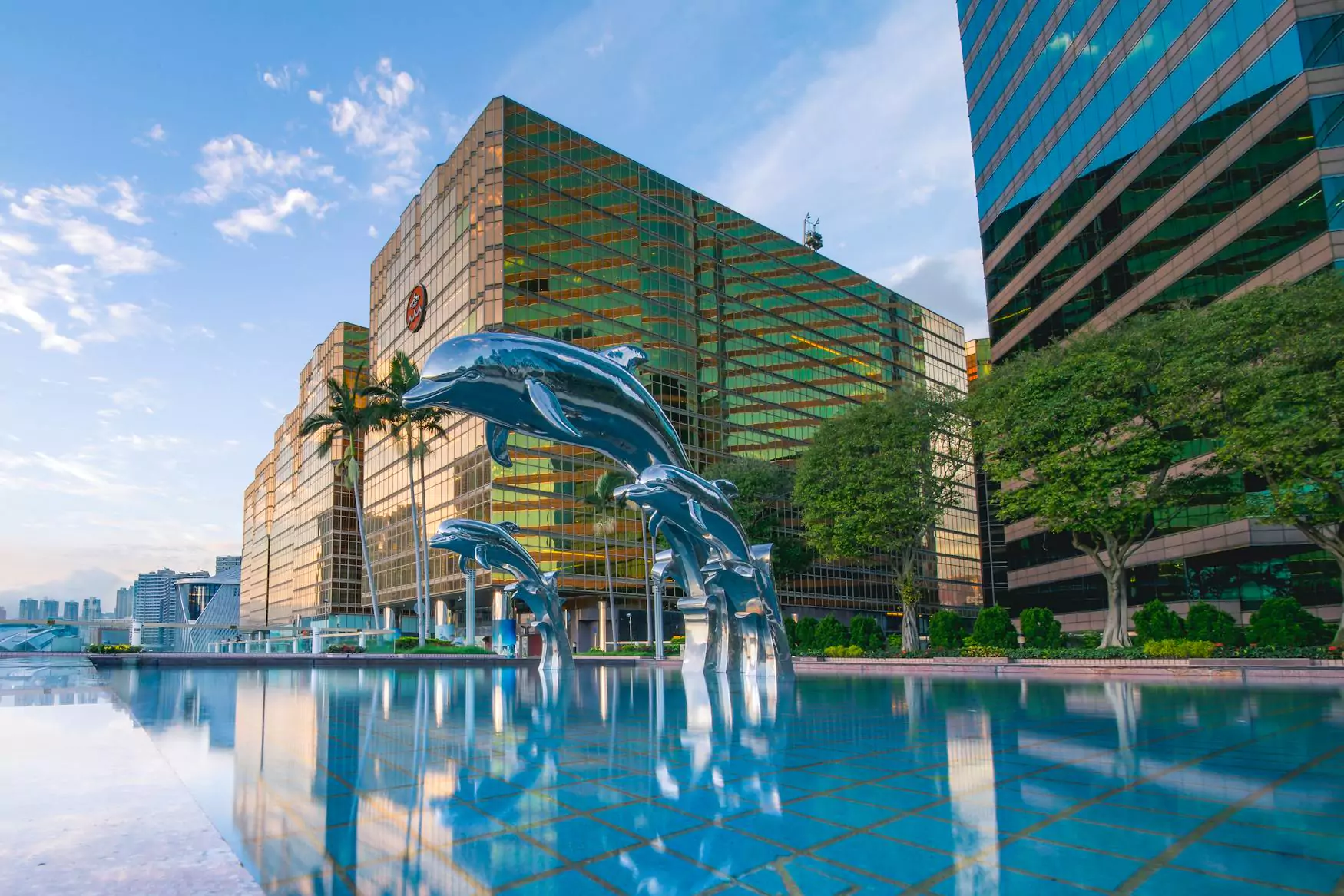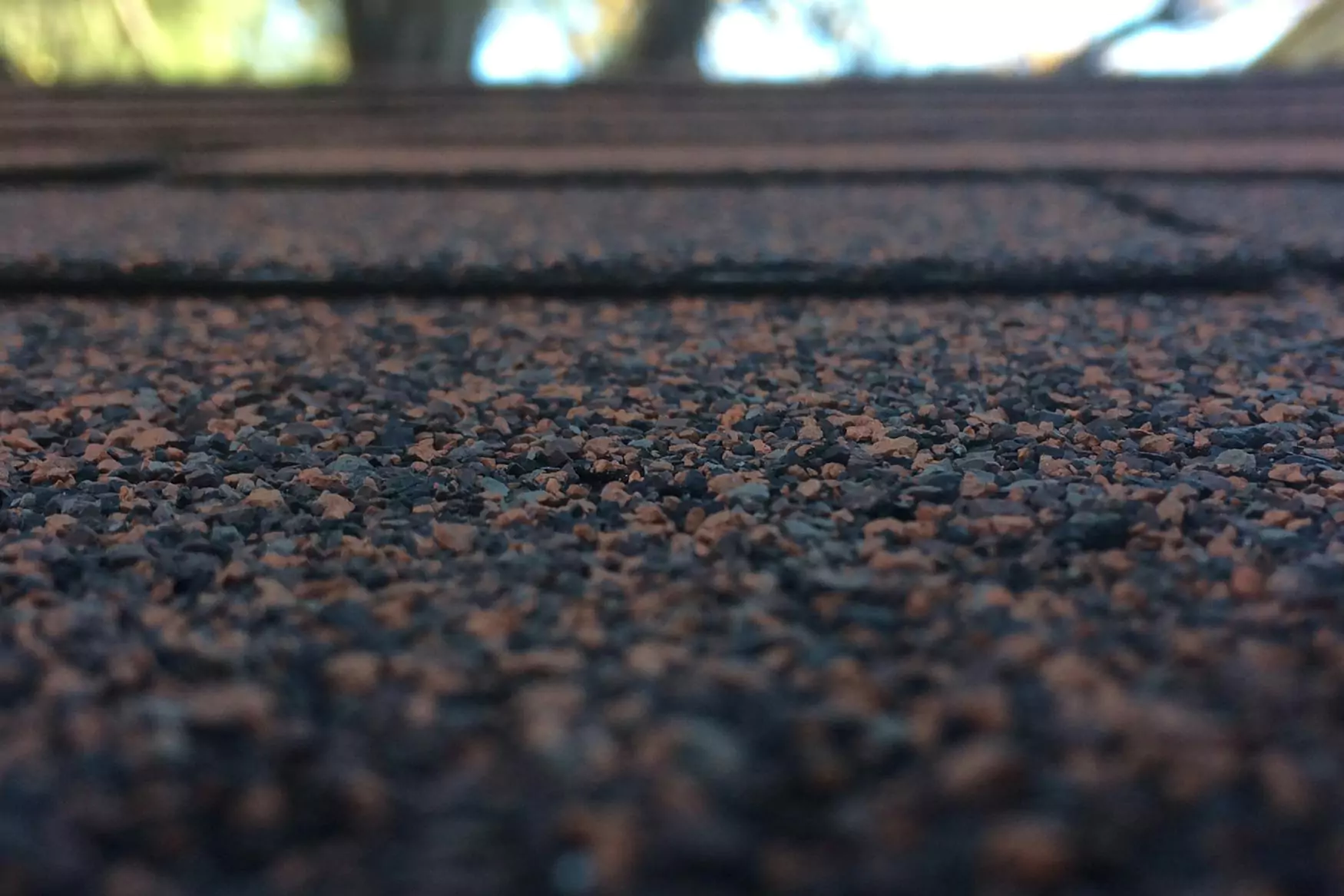When it comes to maintaining a commercial property, the roof is one of the most crucial aspects of building protection. A high-quality, well-maintained roof can protect your assets, ensure a safe environment for employees and customers, and enhance the overall aesthetic appeal of your building. For business owners, understanding the scope of commercial roofing services is essential to keeping a durable and dependable roof over your property.
This guide covers the core commercial roofing services available and what to consider when choosing a roofing solution for your business.
Key Commercial Roofing Services
Commercial roofing requires specialized expertise to meet the needs of larger structures and unique architectural styles. Here are some of the primary services offered by professional commercial roofing companies:
- Roof Installation and Replacement
Whether you’re constructing a new building or replacing an old roof, professional installation is key to ensuring a durable, weather-resistant roof. A roofing company experienced in commercial installations can help you choose the right material based on your property’s design and environmental needs.
- Roof Inspections and Assessments
Regular inspections are essential to catch minor issues before they lead to costly repairs. Commercial roofing companies offer inspections to assess the condition of the roof, identify potential vulnerabilities, and recommend preventive maintenance.
- Roof Repairs
From minor leaks to major damage, commercial roofing professionals can quickly repair issues to restore the roof’s integrity. Repair services include patching leaks, replacing damaged sections, and fixing issues caused by weather, aging, or general wear and tear.
- Maintenance Programs
A regular maintenance plan helps extend the life of a commercial roof, ensuring that it remains in good condition. Maintenance services typically include cleaning, debris removal, minor repairs, and resealing.
- Emergency Roof Repairs
Unexpected events like storms or high winds can cause sudden roof damage. Commercial roofing companies offer emergency services to address damage quickly, reducing the risk of further structural issues and minimizing downtime for your business.
- Roof Coatings
Roof coatings can enhance the durability and energy efficiency of your roof. Common coatings include elastomeric, silicone, and acrylic, which add a protective layer that reflects heat, reduces wear, and minimizes leaks.
- Waterproofing and Weatherproofing
Proper waterproofing is essential to prevent water infiltration, which can damage the building’s interior and compromise structural integrity. A roofing company can apply specialized waterproofing products to extend the roof’s lifespan and ensure protection against rain and humidity.
Common Types of Commercial Roofing Materials
Commercial roofs come in various materials, each suited to specific building types and climates. Here are
some of the most common commercial roofing materials used in the industry:
- TPO (Thermoplastic Polyolefin)
TPO is a single-ply roofing membrane known for its energy efficiency and durability. It reflects UV rays, helping to reduce cooling costs, and is resistant to punctures, chemicals, and mold. TPO is a popular choice for flat and low-slope roofs due to its cost-effectiveness and ease of installation.
- EPDM (Ethylene Propylene Diene Monomer)
Often referred to as a “rubber roof,” EPDM is highly durable and can withstand extreme weather conditions, including UV exposure and temperature fluctuations. It’s a flexible material that works well for flat roofs, providing excellent resistance to water and harsh weather conditions.
- Modified Bitumen Roofing
Modified bitumen roofing is a multi-layered system that provides added durability and weather resistance. Made from asphalt, it’s designed to handle heavy foot traffic and withstand punctures, making it ideal for commercial roofs that require regular maintenance or house HVAC systems.
- Metal Roofing
Metal roofing is durable and fire-resistant, with a lifespan that can exceed 50 years. It’s available in various metals, including steel, aluminum, and copper, and offers excellent protection against harsh weather conditions. Metal roofs are commonly used on sloped commercial buildings.
- PVC (Polyvinyl Chloride) Roofing
PVC roofing is another single-ply membrane that provides superior durability, chemical resistance, and energy efficiency. It’s particularly effective in areas prone to chemical exposure, such as industrial facilities, and performs well in both hot and cold climates.
Why Routine Maintenance is Essential for Commercial Roofs
Commercial roofs are substantial investments, and regular maintenance can extend their lifespan, saving on costly repairs or replacements. Here’s why a maintenance plan is critical:
- Increases Roof Longevity: Regular upkeep, such as cleaning and minor repairs, prevents deterioration, extending the lifespan of the roof.
- Prevents Water Damage: Routine inspections help identify weak areas where water can seep in, protecting the building’s interior and reducing the risk of mold or structural damage.
- Enhances Energy Efficiency: Properly maintained roofs retain their energy-efficient properties, helping to manage indoor temperatures and reduce utility costs.
- Ensures Safety and Compliance: A well-maintained roof minimizes risks of sudden failures that could lead to safety hazards, ensuring the building complies with safety standards and local regulations.
How to Choose a Commercial Roofing Contractor
When selecting a commercial roofing contractor, consider the following factors:
- Experience in Commercial Roofing: Commercial roofing is different from residential roofing in terms of materials, scale, and requirements. Choose a contractor with proven experience in handling commercial properties.
- Certifications and Insurance: Ensure the contractor is certified to install the roofing material you prefer and carries proper insurance to protect you from liability in case of accidents.
- Local Knowledge and Compliance: A contractor familiar with local weather patterns and building codes can help ensure your roof is built to withstand local conditions and meet all regulatory requirements.
- References and Reviews: Check reviews and ask for references to verify the contractor’s reputation. A reliable contractor should be able to provide case studies or examples of completed projects.
- Maintenance and Warranty Options: Look for a roofing company that offers maintenance plans and stands by their work with a warranty. This can provide peace of mind that your roof will be taken care of for years to come.
Get Started with Reliable Commercial Roofing Services
Your commercial roof is an investment in your property’s future and an essential part of protecting your business operations. At Miller Storm, we specialize in comprehensive commercial roofing services designed to meet the unique needs of business owners. Whether you need a new roof installation, emergency repairs, or a long-term maintenance plan, our team is here to ensure your roof performs at its best.
Contact Miller Storm today to learn more about our commercial roofing services and schedule a consultation with our expert team.





